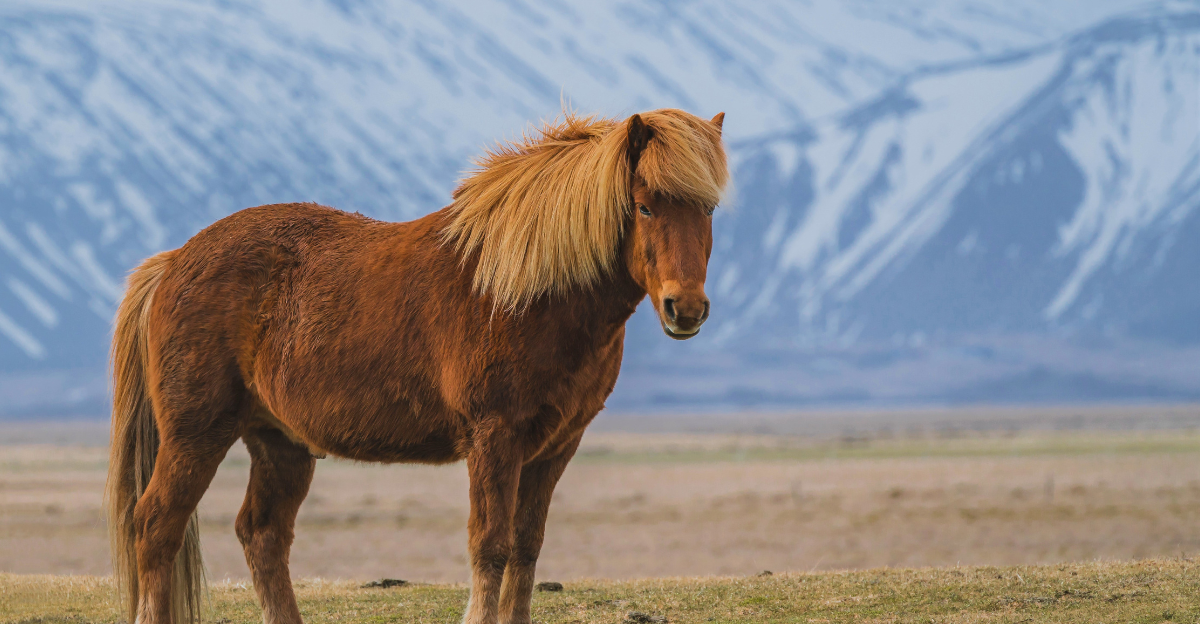
It’s a fact that the horse is an animal of flight and strength, but also incredible, unspoken loyalty. Contrary to the myth of the standoffish or replaceable herd animal, some horses become so attached to one person that they show jealousy, separation anxiety, and even depression when that person is gone.
It is not a sentimental myth—it’s a biological, psychological, and millennia-long co-evolutionary phenomenon. Recognizing why some horses develop these exclusive relationships isn’t about animal behavior—it’s about the nature of trust, memory, and emotional intelligence. Let’s take apart what fuels this uncommon, deep bond.
Attachment Theory—Not Just for Humans and Dogs
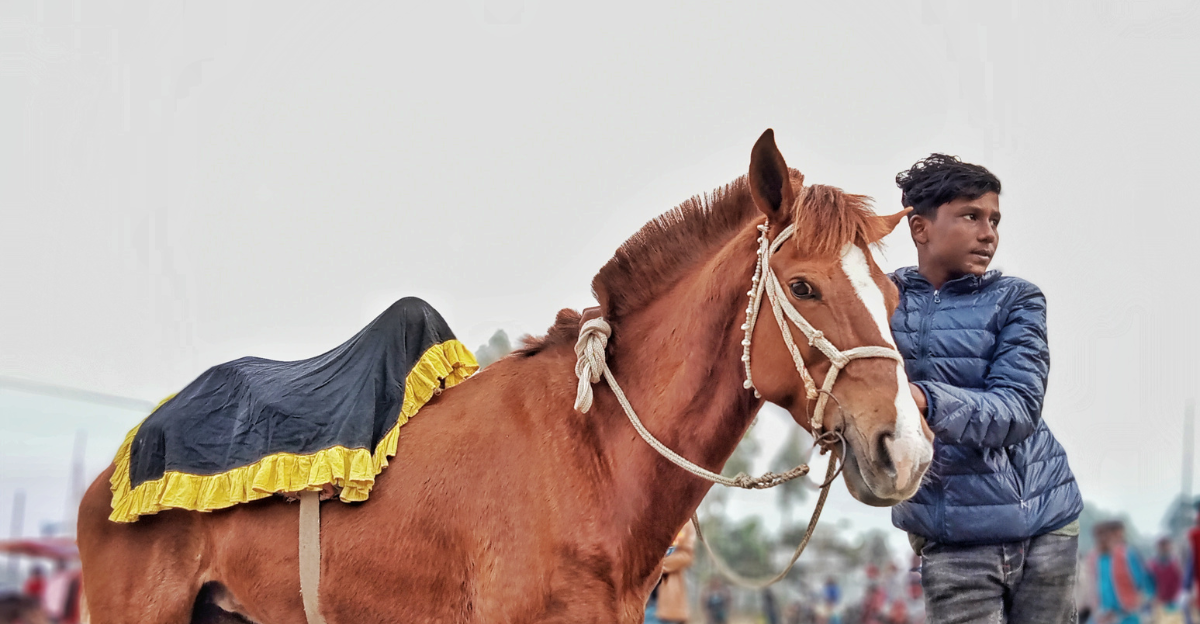
Modern science extends attachment theory to equines, once traditionally reserved for humans and canines, revealing unexpected and striking similarities. Horses exhibit all four components of attachment: maintaining proximity, acting as a haven during stress, providing a secure basis for exploration, and displaying separation distress when separated from connected individuals.
In controlled lab studies, horses seek known individuals for reassurance and exhibit clear signs of fear when separated. This theoretical model provides a better understanding of why some horses continually focus their emotional stability on one person, seeking solace in an unpredictable and terrifying world.
Horses Have An Amazing Memory
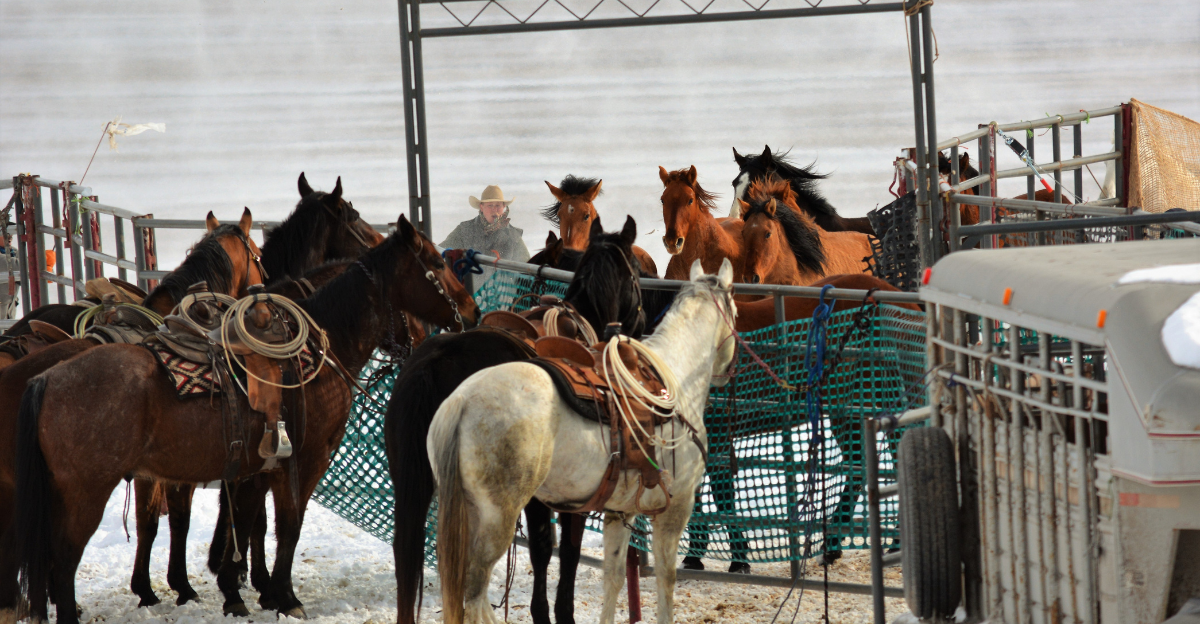
One of the reasons they may form strong and lasting relationships is. They remember faces, sounds, mannerisms, and even emotional tones, demonstrating impressive information storage abilities. Anecdotal evidence sometimes speaks to horses recognizing past owners after decades apart or responding to a familiar whinny in the middle of a large herd.
However, memory is a double-edged sword: horses learn trauma and kindness, so positive, consistent interaction is most important to building strong, healthy relationships. A horse’s loyalty is never naive; it meticulously weighs the good and the bad memories and bases its response and trust accordingly.
Herd Instincts Rewired
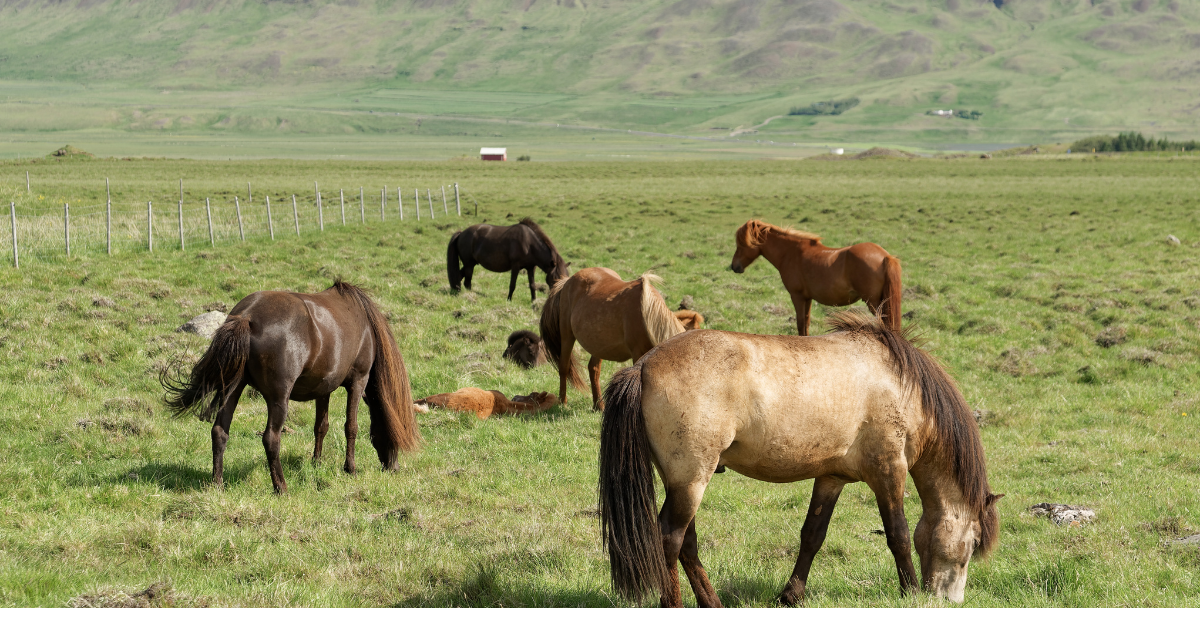
In the wild, horses form solid pair bonds in herds for survival. These bonds provide safety, companionship, and emotional security, helping each horse navigate the complex dynamics of herd life. Domesticated horses sometimes redirect this behavior toward humans, making a trusted human their “pair bond” or stand-in herd mate.
It is not anthropomorphism—merely a one-to-one transfer of their natural social structure, rooted in instinct and experience. Well-socialized horses within groups are likely to form strong, healthy attachments to people, showing trust, cooperation, and emotional connection. Meanwhile, horses deprived of early socialization may be incapable of bonding.
Personality Matters
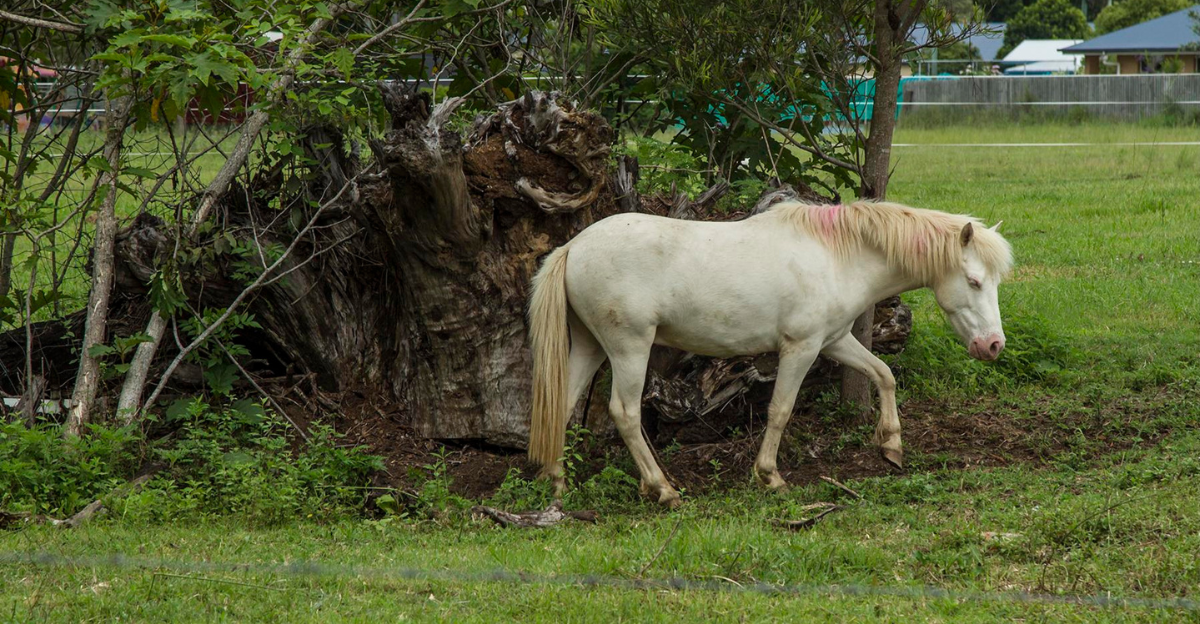
It doesn’t happen to all horses to develop sole attachment naturally. Specific, extremely sensitive, or emotionally reliant horses form close, sometimes dysfunctional connections, holding onto one particular human being for protection. Other horses are cold and independent with little desire for a single connection. Breed, temperament, and history are at work here. Andalusians, for instance, are well-known for extreme loyalty and having the capacity for a single connection to one person.
Stressful situations are also a factor—horses that have survived upheaval, trauma, or extended solitude may form attachments through survival. When this occurs, they convert need into feeling, using the bond to feel safe, heard, and emotionally rooted.
The Human Factor
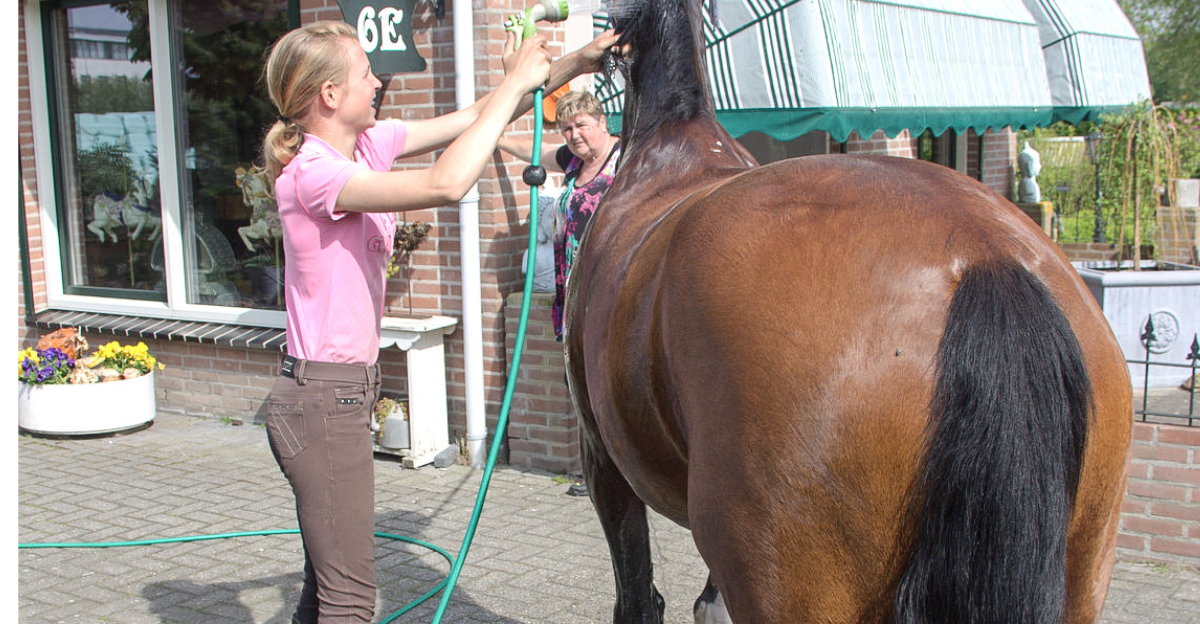
The degree of bonding in a horse often mirrors human behavior. Humans are naturally drawn to those who offer consistent care, emotional stability, and clear communication—traits that horses also respond to. Trainers who use empathy and patience rather than force build trust and encourage cooperation.
Horses, like people, thrive when they feel safe and understood. In contrast, harsh, unpredictable, or neglectful treatment damages trust and weakens the bond. The strongest bonds form when horse and human experience mutual predictability and enjoyment in each other’s company. This creates a genuine partnership rooted not in dominance but in mutual respect and connection.
The Mechanics of Bonding
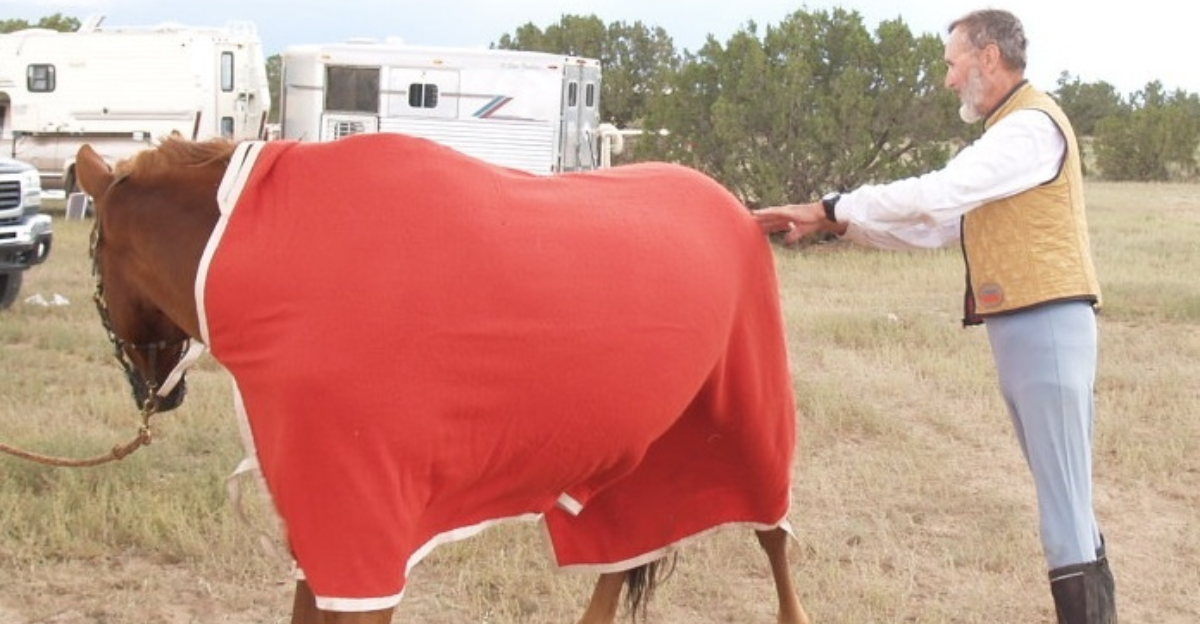
The horse’s capacity to create intense, individual-level attachments is not an accident or chance—it has practical applications. Equine therapies exploit these attachments to create spaces of safety for vulnerable groups, from traumatized adolescents to PTSD-troubled veterans.
Equine therapies exploit these attachments to create spaces of safety for vulnerable groups, from traumatized adolescents to PTSD-troubled veterans. On an evolutionary timescale, the ability to bond with humans may have been an adaptation in that horses are allowed to live with humans and be cared for by them. The bond is an ancient adaptive one, which has co-evolved along with our shared history.
Emotional Intelligence
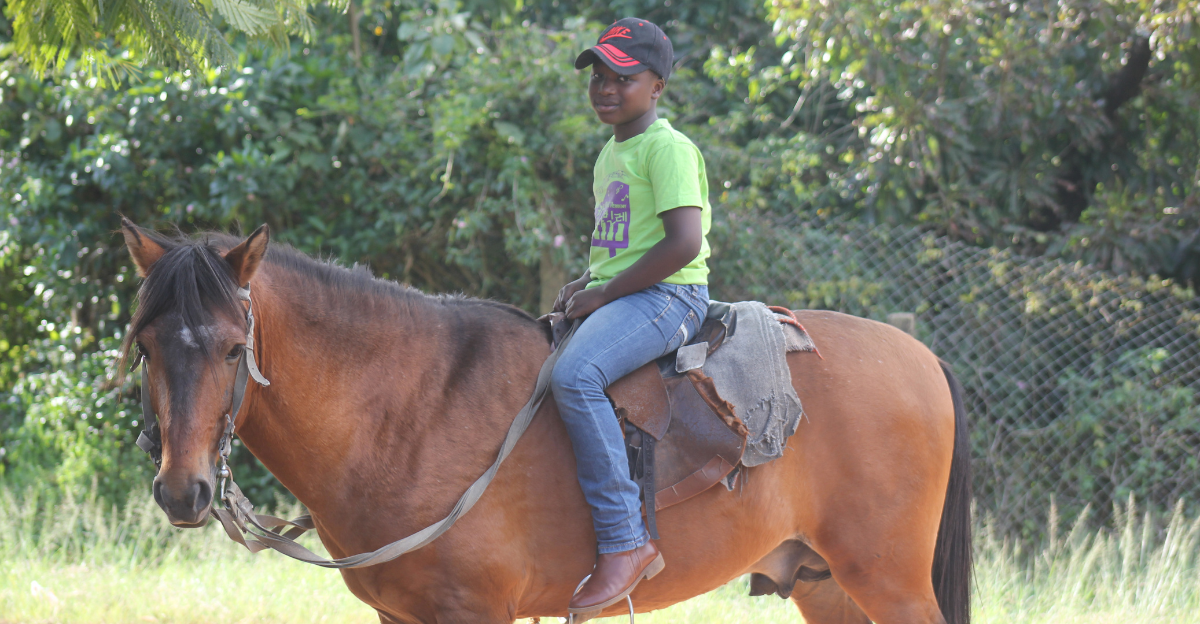
Studies have revealed that horses are susceptible to humans’ emotions, i.e., picking up body language, tone, and even facial expressions. They react according to their handler’s mood, console them, or reflect their worries. Being empathetic is a survival instinct, but it also enables horses to connect with people whose emotional state they can sense and rely on.
Body language, tone, and facial expressions convey a person’s mood, comfort, or terror. Empathy is a survival instinct, but it also allows horses to form bonds with people whose emotional states they can perceive and trust. The horse’s ability to form intense one-on-one bonds is not a fluke; it has practical implications.
The Future of the Horse-Human Bond
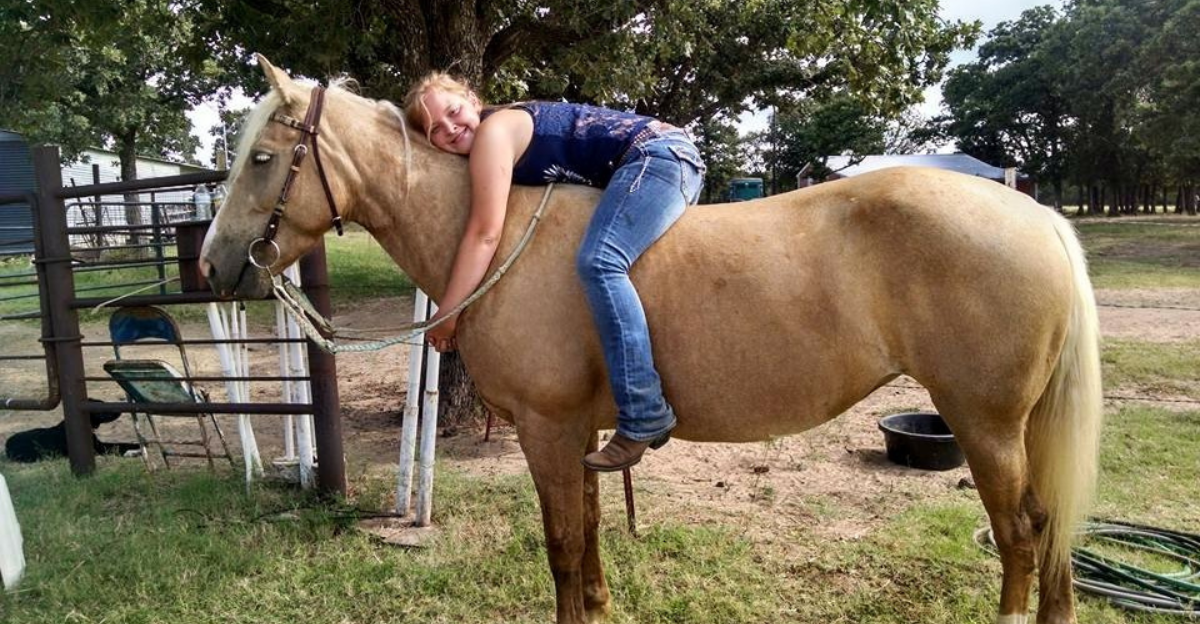
In an age of machines, the horse-human bond is a testament to the power of trust and recall across species. Some horses will bond with one person, not out of dependency but out of a complex dance of biology, psychology, and common experience. The horse-human bond is a testament to the power of trust and memory across species.
There will always be horses that will bond with one person, not out of dependency but out of a complex dance of biology, psychology, and shared experience. We respect the horse’s capacity for loyalty by showing empathy, consistency, and the respect it deserves.
References:
19 Horse Breeds Known for Forming Deep Bonds With Humans
How A Horse Can Form A Strong Bond With Its Human Companion







